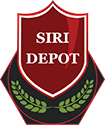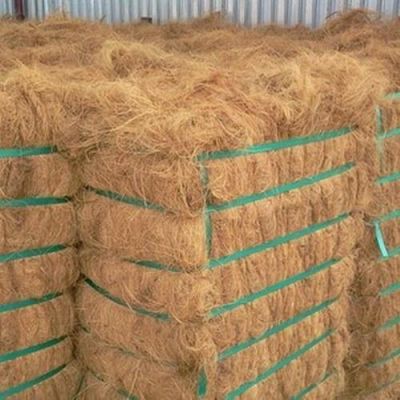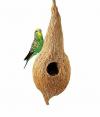Coconut Coir Bale

Coconut coir is an ecologically friendly by product of the coconut industry. Coconut coir is a natural fiber extracted from the husk of the coconut and is strong and durable which is used in different products such as floor mats, door mats, brushes and mattresses. Bale Coir Fiber is an excellent potting medium for starting seeds and potting plants. The most important factors in high quality coco coir like how it is harvested, prepared, and processed. Coir (coconut fiber) is the fiber processed from coconut husks that have been cured in fresh water. Then, they’re removed from the water bath and dried for over a year. After the drying process, which is quite extensive, the coir is organized into bales. Thus, the bale fiber is produced through traditional milling by separating the long bristle fiber from the coconut husk after retting in husk pits. Combined longer and shorter fibers help to create a soil alternative that has exceptional water holding capacity.

Coconut coir maintains high porosity and drainage abilities. Coir has a natural pH of 5.2 to 6.8.
A by-product of the coconut harvest, coir fiber is a renewable resource and it had many applications in gardening and home products. It holds 10 times its weight in water meaning the roots of your plants will never get dehydrated and does not shed water like peat moss. Coconut husks that used to be burned or discarded are now being turned into one of the world’s finest organic growing mediums. Coir is the fibrous material found between the hard, internal shell and the outer coat of a coconut. There are two types of fibers that make up coir is brown and white. Brown coir comes from mature, ripe coconuts and is a lot stronger, but less flexible. White fibers come from pre-ripe coconuts and are far more flexible, but much less strong. Mostly we use brown coir. While uses of brown coir (made from ripe coconut) are in bedding and Upholstery padding, sacking and horticulture and manufacture of spring mattresses, geotextiles, packing, drainage filters, thermal and acoustic insulation etc. White coir, harvested from unripe coconuts, is used for making finer brushes, string, rope and fishing nets.

The fiber can be used to fill the gaps when coir rolls are joined together. There are amazing benefits to using coconut coir in your garden. Coir fiber is excellent to build bird nests. But just like any other kind of growing media it is good transition from soil gardening. Growing in coco coir feels like growing in soil, because the two media look so similar. You can have a completely hydroponic garden that looks almost the same as a soil garden. The only difference is instead of watering with only water, you’d water your coconut coir garden with nutrient-enriched water. Retains moisture and provides a good environment.
Coir is naturally weed and pathogen free and resists mold and bacterial growth. Coir aids in the rapid growth and root development of transplants. The coir fiber is use in variety of arts and crafts activities. Bale coir fiber is used in upholstery. Another use of coir fiber is as a filling medium for floating islands. And we can make use of coir to provide customers with a natural doormat option. Coir bale used for mattress coir fiber is excellent mulch for landscaping. Coir is reusable (for up to four years) and a renewable resource.










